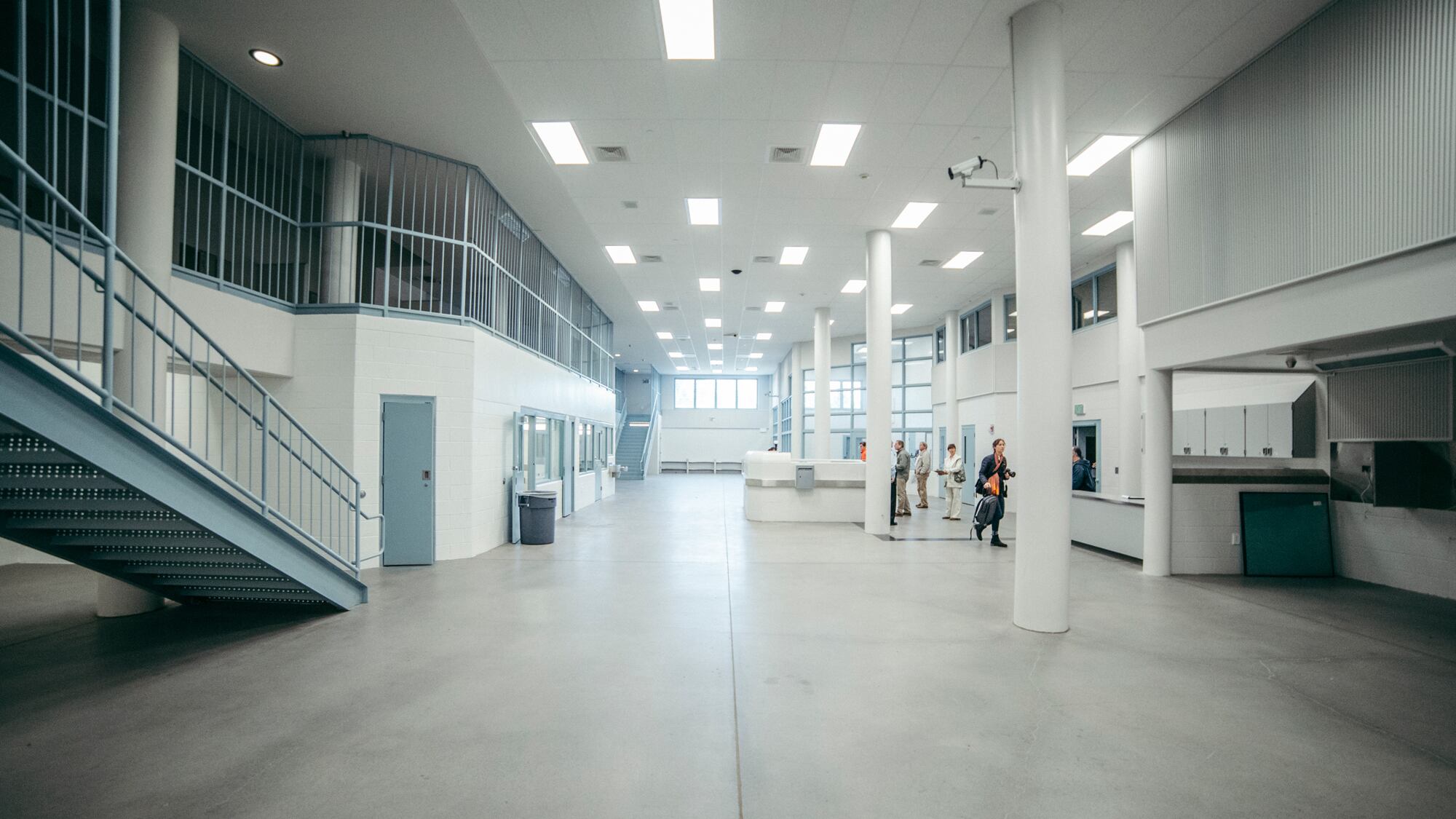The long-vacant Wapato Jail may undergo renovations to become a recovery center for COVID-19 patients, Portland real estate magnate Jordan Schnitzer announced March 23.
Oregon has the lowest per-capita hospital bed rate in the nation—a shortfall that has turned urgent since the COVID-19 outbreak arrived in the state last month. Utilizing the vacant facility has the potential to reduce the current strain on the state's increasingly congested hospital systems.
It is unclear how long the renovations would take and who would staff the facility. But its supporters expressed optimism toward the plan.
Two state senators, Betsy Johnson (D-Scappoose) and Elizabeth Steiner Hayward (D-Portland), voiced support for the plan in a March 23 statement. (Both senators are advisory board members on the Wapato project, now called the Bybee Lakes Hope Center, and its connected organization, Helping Hands Reentry Outreach Centers.)
"This is a serious situation, and it's time to act," Johnson said. "We have to think outside the box to develop a multipronged plan to increase capacity to treat the sick in our community."
Schnitzer's group says it has been communicating with the Oregon Health Authority on the project, but OHA tells WW it is not aware of any plans to convert the jail into a recovery center.
A spokeswoman for the project stood by the assertion that the group had spoken to state officials.
Schnitzer tells WW he's personally spoken with former Gov. John Kitzhaber: "In the eyes of medical professionals, they feel it could be repositioned to help with the the potentially emerging crisis."
The announcement is the latest turn in the long, star-crossed saga of the jail, which Multnomah County built but never used. For a decade, the empty facility has been touted as a silver bullet for addressing homelessness and addiction—but its location far from the social services of downtown Portland repeatedly proved a deal-breaker.
But in the COVID-19 outbreak, that distance might be a blessing.
As WW previously reported, the jail has space for approximately 500 beds. Schnitzer purchased the jail in 2018 for $5 million, and announced in January he had partnered with the Helping Hands nonprofit's chief executive, Alan Evans, to convert the jail into a housing facility for the homeless under a new name, Bybee Lakes Hope Center.
"Responding to the crisis is what Helping Hands does best," Alan Evans said in a press release. "We will open Bybee Lakes when the time is right, but for now, availability of medical beds has to be a higher priority, so we're working on a crisis response plan using this facility for the community good."
This post has been corrected to clarify the roles of advisory board members for the Bybee Lakes Hope Center.

